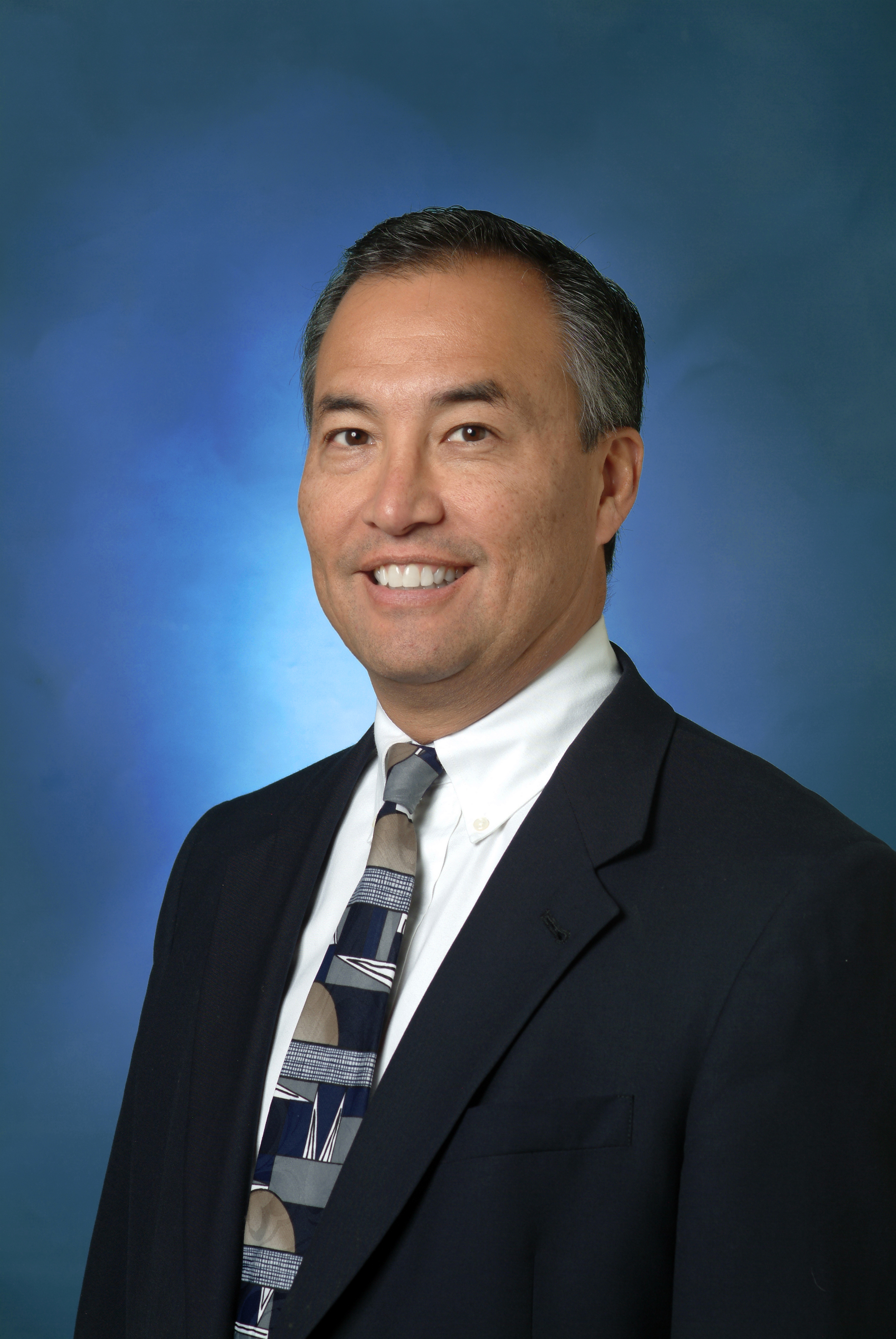This issue of SMACNews has a focus on international trends in 2019 and beyond. In 2018, I worked with leaders from Latin America, Europe, Canada, Australia, and Southeast Asia. As I interacted with these leaders, I was humbled by what I am still learning about cultural differences in leadership. I often ask myself: how can I support this leader best given his or her cultural context? And on the flip side, I am also drawn to answering the question: what are some of the global attributes of leadership that resonate with leaders regardless of culture?
One set of attributes that we have found as critical for leaders internationally is developing talent. Executives I work with often ask me what I look for to determine if a leader would be a viable senior leadership succession candidate. To me, one key hallmark of readiness is the bench that leader has built. Do they have talent ready to do what they’ve done? Could their team members be future leaders? Unfortunately, I’ve run into countless senior project managers who are being vetted for future executive roles who have experienced notable success in doing but have floundered when it comes to developing those around them.
I fundamentally believe that great developers of talent do a few key things. First, they identify their high potential talent and invest in them. This means observing talent and looking for indicators of drive, an appetite to learn, and general effectiveness. Great leaders spend focused time and energy making sure that their high potential team members are continuously pushed and take on new challenges to grow.
Second, great talent developers around the globe provide frequent and timely feedback. We know that there are many nuances to how feedback is delivered around the world. However, internationally, leaders must give feedback to grow and develop those around them. Great leaders know how to balance feedback in a way that challenges others and acknowledges their strengths.
Third, great global leaders must delegate challenging opportunities to others, not take them all on themselves. In our industry, we often see leaders promoted for our ability to execute on work effectively and efficiently. As we grow in our careers the list of to-dos to execute on becomes insurmountable. Great leaders make sure that those around them have opportunities to share the load and actively learn from these experiences.
As I look to 2019, I am lucky to say my work will take me to many corners of the world and I will meet unique, remarkable, and diverse leaders. I will continue in my quest to learn about how leaders across the globe think and act differently depending on their cultural contexts. And with that, I will also take with me my core belief that great leaders, regardless of cultural backgrounds, build up other leaders around them. In this way, I’m reminded of this sentiment from the late writer, Maya Angelou, “We are more alike, my friends, than we are unalike.”
